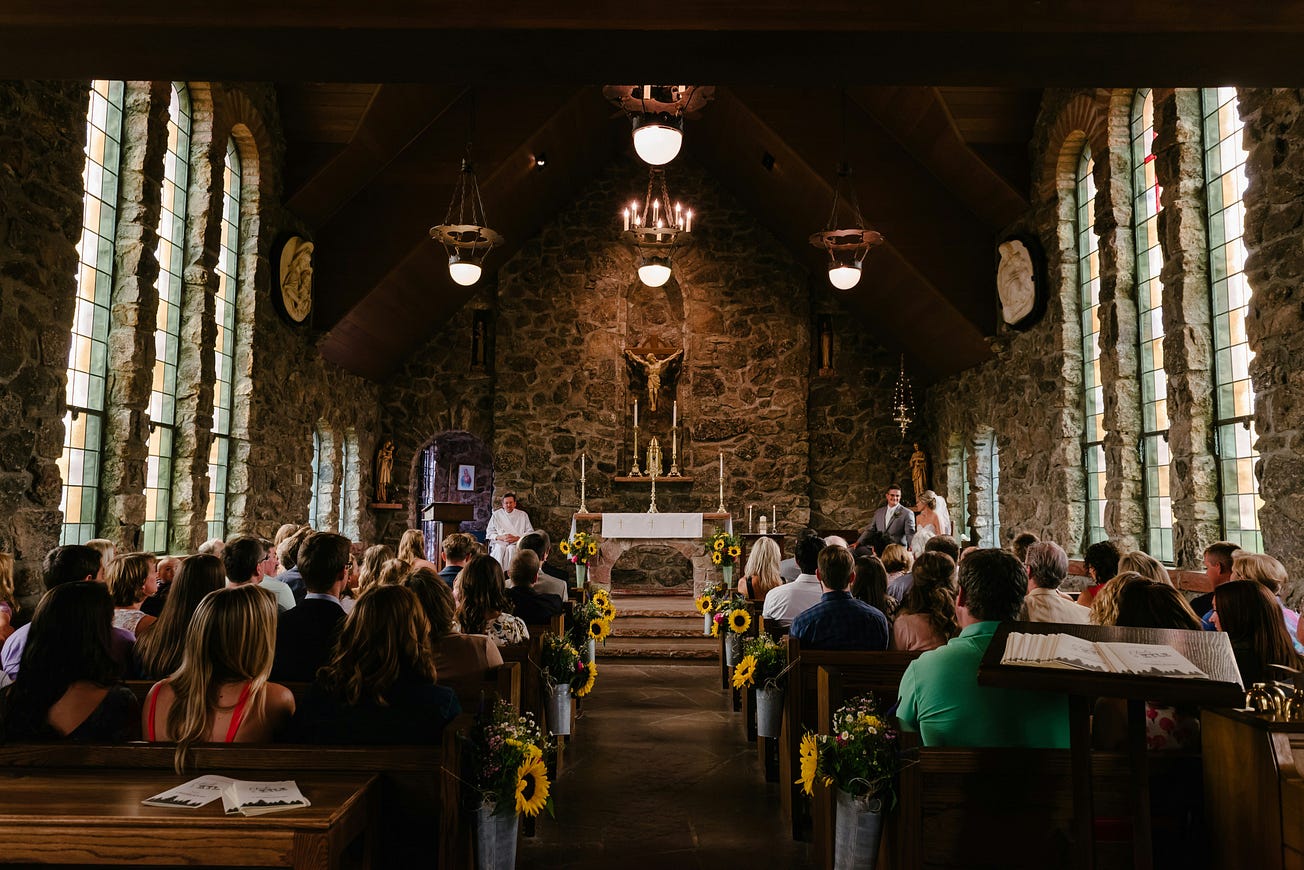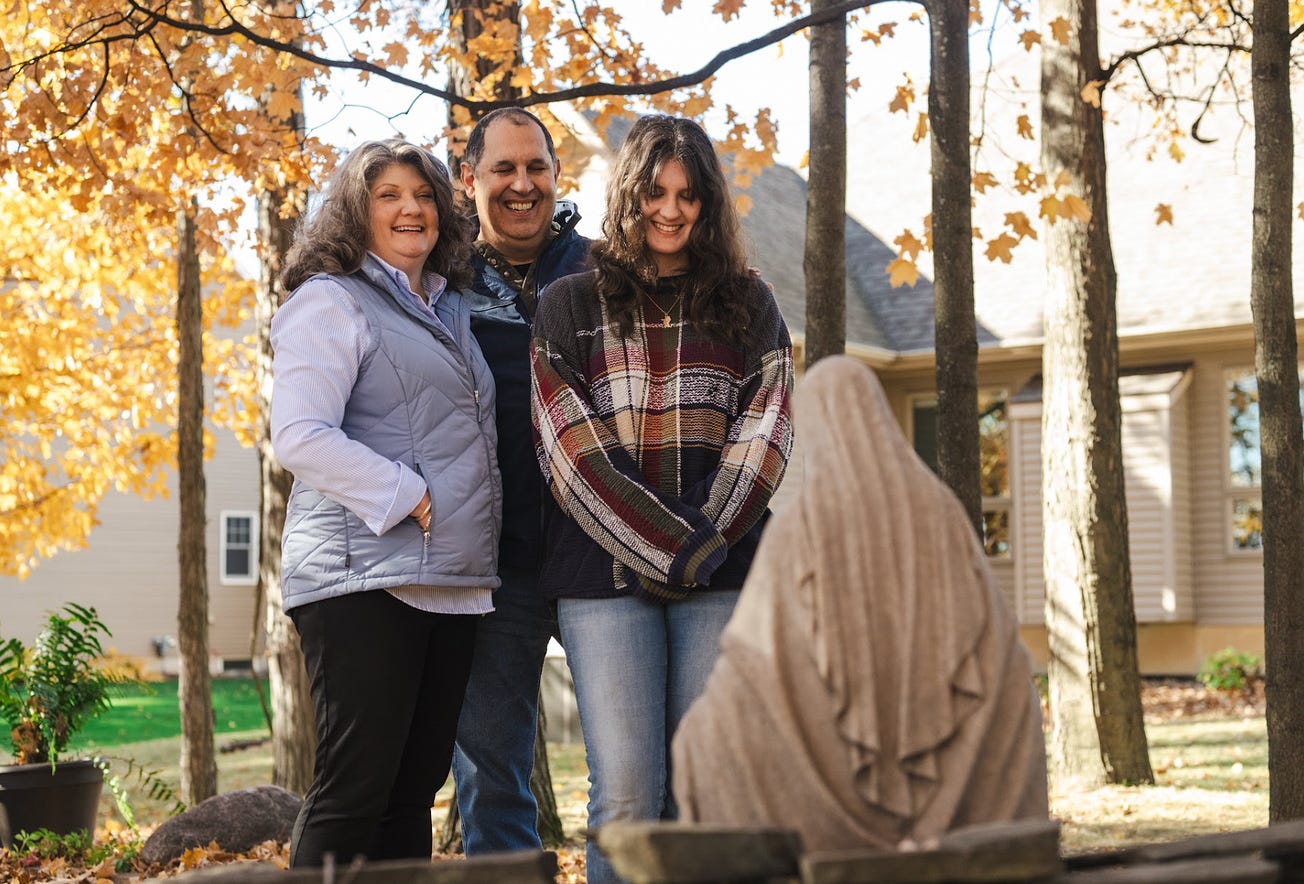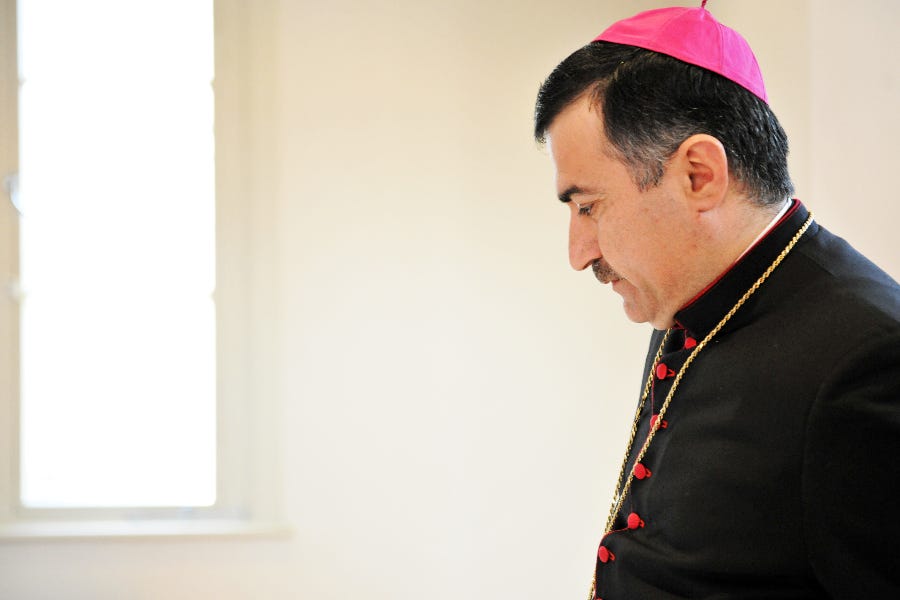Pope Francis will visit Iraq next week, arriving in Baghdad March 5. The pope will meet with the country’s bishops, Iraqi political leaders, Muslim religious leaders, and with the leaders of persecuted religious minorities.
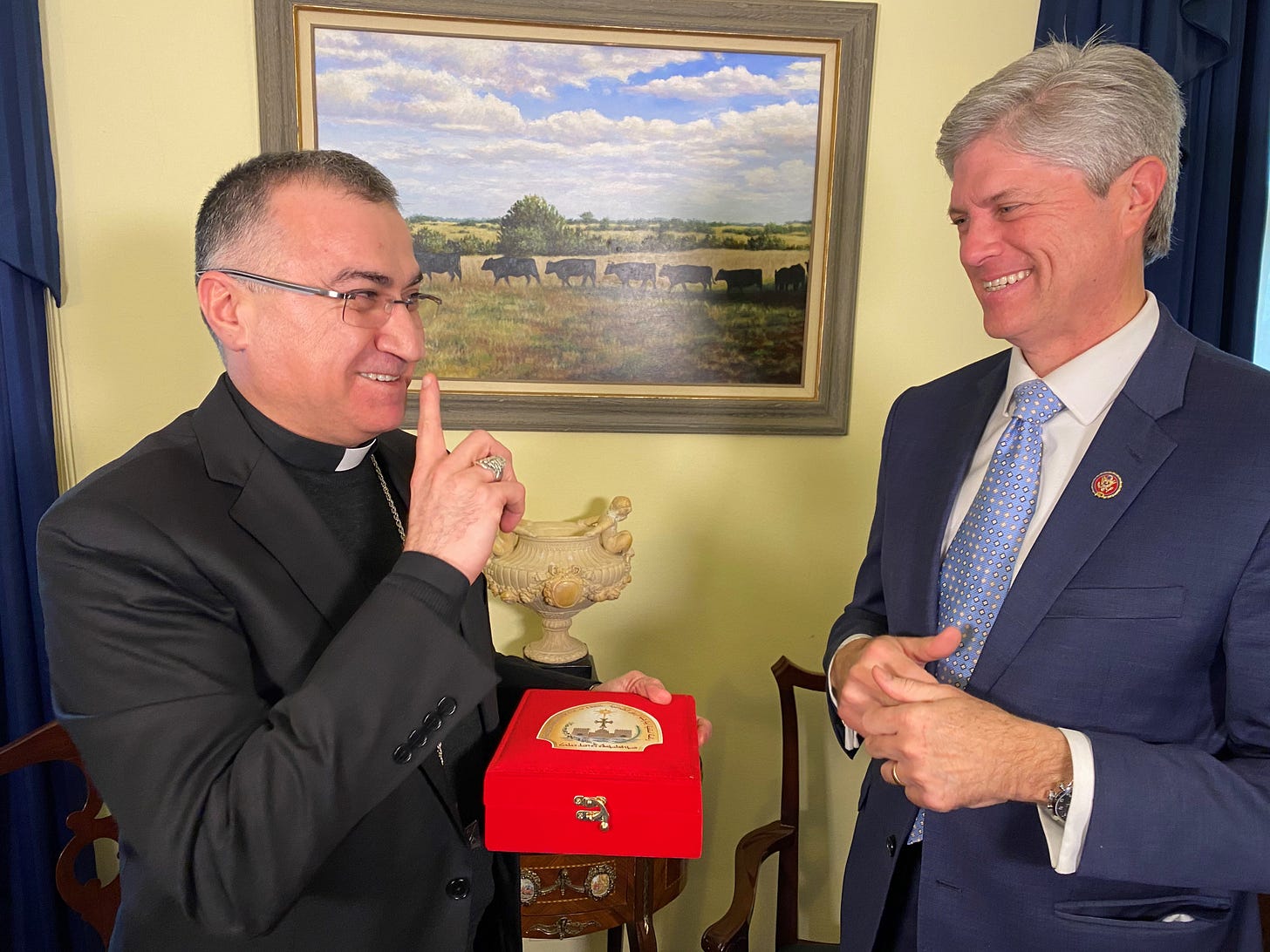
Catholic U.S. Congressman Jeff Fortenberry is an advocate in Congress for persecuted religious groups in the Middle East. In recent years has grown especially close to the Christian and Yazidi communities of Iraq. He talked with The Pillar about what Pope Francis’ trip to Iraq will mean for the region.
The Pillar: Congressman, you have been an advocate for persecuted religious minorities in Iraq for quite a while now. Why is that important to you as a Catholic lawmaker?
Rep. Fortenberry: Justice. For the sake of all of humanity. for the sake of civilization.
At one point Iraq had a flourishing pluralism, where you had various religious confessions living with one another. Iraq had a very large Jewish community, for instance. And, of course, a very large Yazidi minority religious minority community, in addition to the Christians.
It's my understanding that Christians were once well over a million, and are perhaps now as few as 200,000.
I think that pope's presence in Iraq might actually signal what a new modern Iraq could be. An Iraq that goes back to the basic idea that protection of human dignity and that sacred space of conscience whereby a person expresses their desire to know and love God through their religious choice is an essential for people being able to live together in tolerance in the midst of religious diversity.
The pope's visit, and the new Iraqi prime minister's attempt to bring attention once again to the rights and status of religious minorities, may be a turning point for Iraq, which has suffered so much discord and violence.
I'm hopeful.
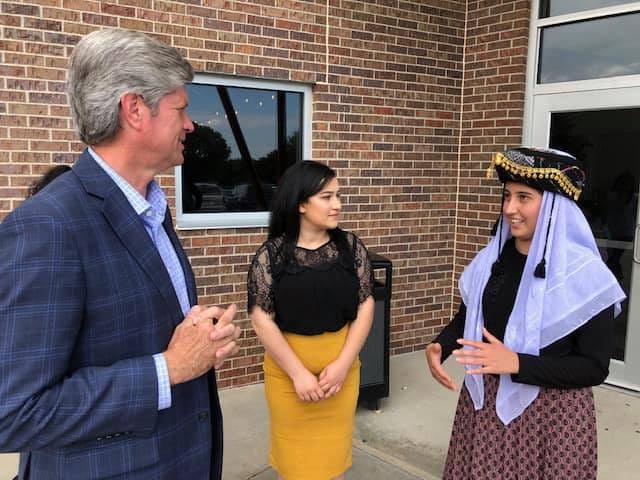
Pope Francis is sometimes criticized for his commitment to inter-religious dialogue, especially with the Abrahamic faiths. You’ve said in the past that's critical to stability in the Middle East.
Well, I'll just tell you this: I know the Iraqi ambassador to the United States. I've been to his home. He was educated in America. He was one of those who opposed the dictatorship and the horror of Saddam Hussein. He is the one who informed me early on that the pope was coming to visit Iraq, and he does not share our faith tradition.
I think this signals to people of goodwill of the Abrahamic faiths, particularly Islam, the re-establishment of what Iraq once was: a more pluralistic society as an antidote to tribalism, despair, and violence.
President Biden ordered on Thursday airstrikes in Syria on buildings reportedly used by Iranian-backed militias, after rocket attacks in Iraq killed a civilian contractor and wounded an American soldier. Military activity in the region is escalating, once again. What will that mean for religious minorities in Iraq?
Look, it's a difficult, complex multi-layered situation. You'd like to think that we would have turned the corner at this point, given the decades of violence in the area.
Honestly in my own prayer, I pray for the church in Iraq and Syria, Lebanon, and Egypt, and other places. These minority communities have served, not only as the remnant of Christianity, but they've served as a stabilizing element for these societies, and provided services for all people of all faiths, especially education and medicine.
To lose particularly the Christian minority would be an absolute tragedy for the Middle East. And I have heard Muslim political leaders from the Middle East tell me that directly.
So, I wish it weren't so, but the ongoing attempt to completely pull away U.S. involvement [in the region] when there are situations that need stabilization would be naive.
What should Christians in the United States understand about how they can help the persecuted Church and other persecuted religious believers in Iraq and the Middle East?
These are our first brothers and sisters. These are the ancient traditions of the Church.
It’s incredible to be among people who still pray in Aramaic, the language of Jesus! To witness their hospitality!
I've had visitors from these traditions in my office. I know many of the ecclesiastical leaders of the Middle East region who are trying to appeal to the conscience of the world. To say “Please protect our rights, protect our dignity.”
The Christians are in very complex political situations. They have to accommodate very harsh situations. So for those of us who are far away, it's a little bit of an abstraction, and it’s easy for us not to understand fully what they go through on a day-to-day basis to hold their traditions and survive.
One of the leaders of the Christians in the Middle East and I were talking about the persecuted Church, and I told him that it is interesting how — whether it's Chaldeans, Syrians, Lebanese Catholics, Latin Rite Catholics, Armenians, Orthodox Coptic — we're all in the same room. It's no longer each confession simply trying to preserve or protect its own tradition.
This Church leader looked at me, and he said “The persecution has made a mission Church once again.”
And I thought that was quite powerful.

